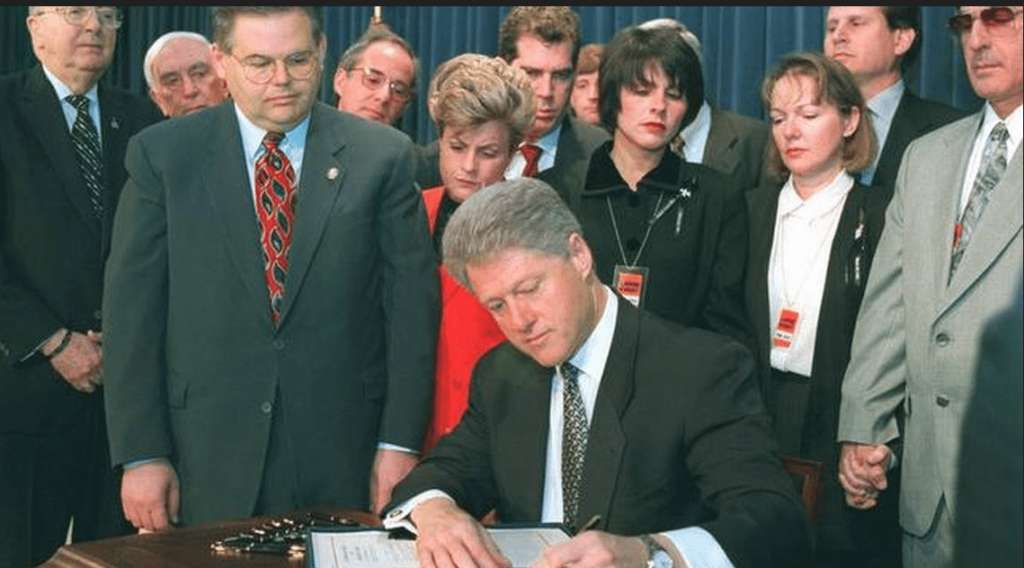
By Vicente Morin Aguado
HAVANA TIMES – On March 12, 1996, William J. Clinton enacted the Cuban Liberty and Democratic Solidarity Act, known as Helms-Burton. Thirty-eight long years have passed, and Cuba has changed to the point of facing a widespread crisis today. The protective socialist state is incapable of guaranteeing basic rationed food and electricity supply to households.
Demonstrations in the streets are becoming increasingly recurrent, something unthinkable in a country whose political leaders arrogantly proclaimed: “The streets belong to the revolutionaries.” In prisons, barely surviving, are over a thousand political prisoners, including the most renowned opponents who have escaped death, isolated, subjected to extreme prison conditions.
A governmental response is imminent although no expert can predict the events.
However, every observer of the Cuban political landscape must agree on one thing: there is no apparent protagonism of opposition organizations within the Island, much less capable leaders to guide the protesters in their aspirations for change, whose expression combines demands for Food and Electricity with Freedom, Homeland and Life.
With dissident organizations dismantled, the scenario points towards the uniformed forces (Army and Ministry of the Interior) as the only real force capable of initiating and supporting the urgent need for effective reforms.
It is noteworthy that high-ranking officials combine membership in the Communist Party’s top echelons with military hierarchies. Meanwhile, the families of the Castro brothers have become an untouchable privileged caste, as Raul Castro still survives and commands from the shadows.
One conclusion is obvious, changes “from above,” that is, from power, point to a transition to a system that will not relinquish the privileges and powers of those who currently dominate in Cuba. Commentators resort to well-known exa


